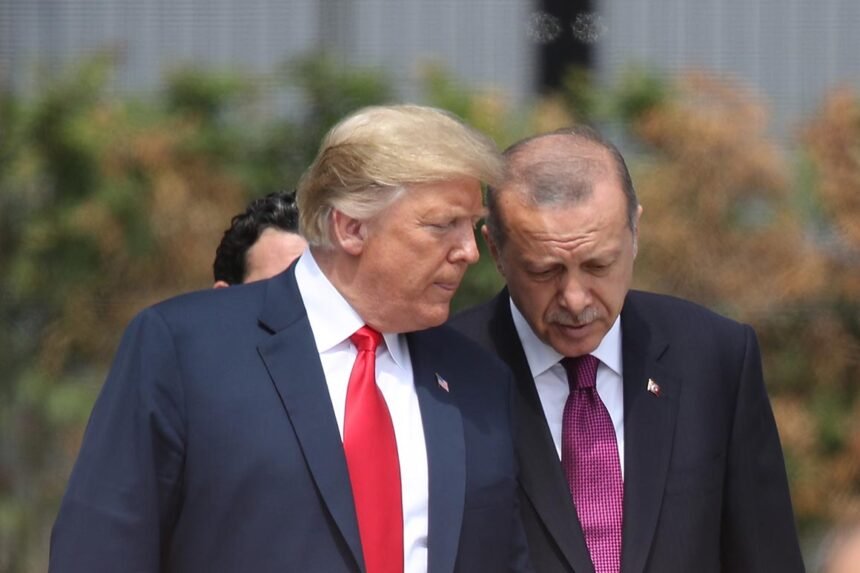The G7 and Washington are pressuring Turkish President Recep Tayyip Erdogan to halt oil and gas imports from Russia. However, Turkey’s heavy dependence on Russian energy—and the price advantages it currently enjoys—makes such a move highly complex.
During a September Oval Office meeting, US President Donald Trump praised Erdogan but also urged him to end energy purchases from Moscow. Shortly after, the G7 reiterated the same demand, calling for maximized pressure on Russian oil exports.
Turkey’s dependence on Russia
According to the Turkish Energy Market Regulatory Authority (EPDK):
- 66% of Turkey’s oil imports in 2024 came from Russia (up from 41% in 2022).
- 41% of Turkey’s natural gas imports also came from Russia in 2024, delivered via the Blue Stream and TurkStream pipelines.
The surge is largely due to discounted Russian supplies—up to 15% below international market prices—as Moscow seeks new buyers under EU sanctions.
Moscow’s stance
Kremlin spokesman Dmitry Peskov emphasized that gas flows to Turkey will continue at “full capacity” as long as they remain “beneficial.” He stressed that Turkey, as a sovereign state, decides its own course.
Diversification strategy
Experts believe Ankara will not stop Russian imports soon, but is working on long-term diversification:
- State company BOTAS signed a 20-year LNG contract with US firm Mercuria (70 bcm, starting 2026).
- A preliminary deal with Woodside Energy adds another 5.8 bcm LNG.
- Additional LNG agreements have been signed with Egypt, Algeria, Qatar, and Nigeria.
According to Kadri Tastan of the German Marshall Fund, these moves aim not only at diversifying supply but also at improving strained US–Turkey relations.
Broader dependence: coal & nuclear
- In 2022, 43% of Turkey’s lignite imports came from Russia.
- Russia’s Rosatom is building Turkey’s first nuclear plant, Akkuyu, though full operation may not be possible before 2028.
Balancing act
Turkey remains caught between the West’s push for sanctions and its reliance on Russia as a primary energy supplier. Analysts suggest Ankara will continue its delicate balancing act, securing short-term energy stability from Moscow while gradually expanding alternative sources.






